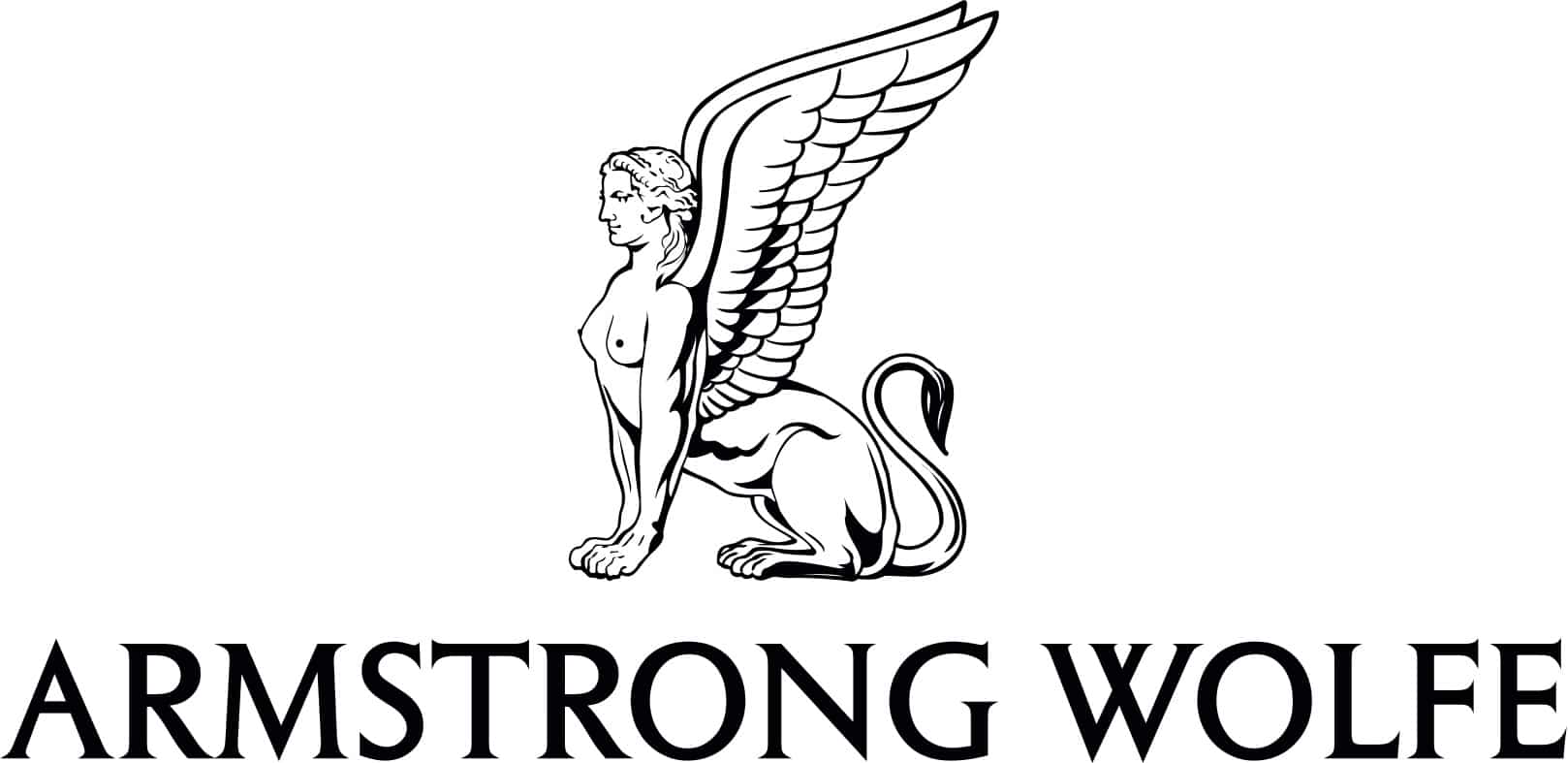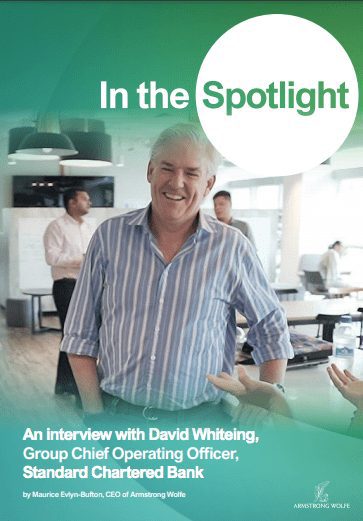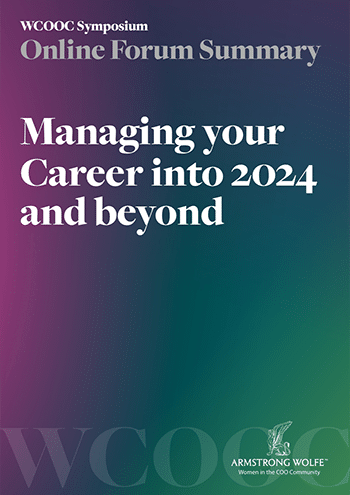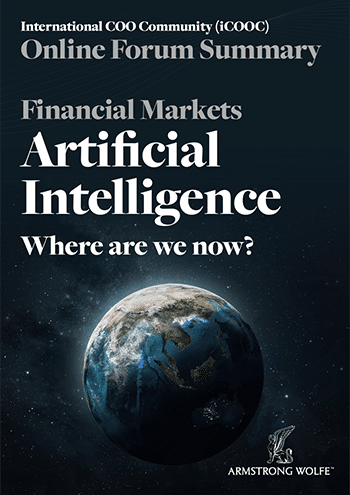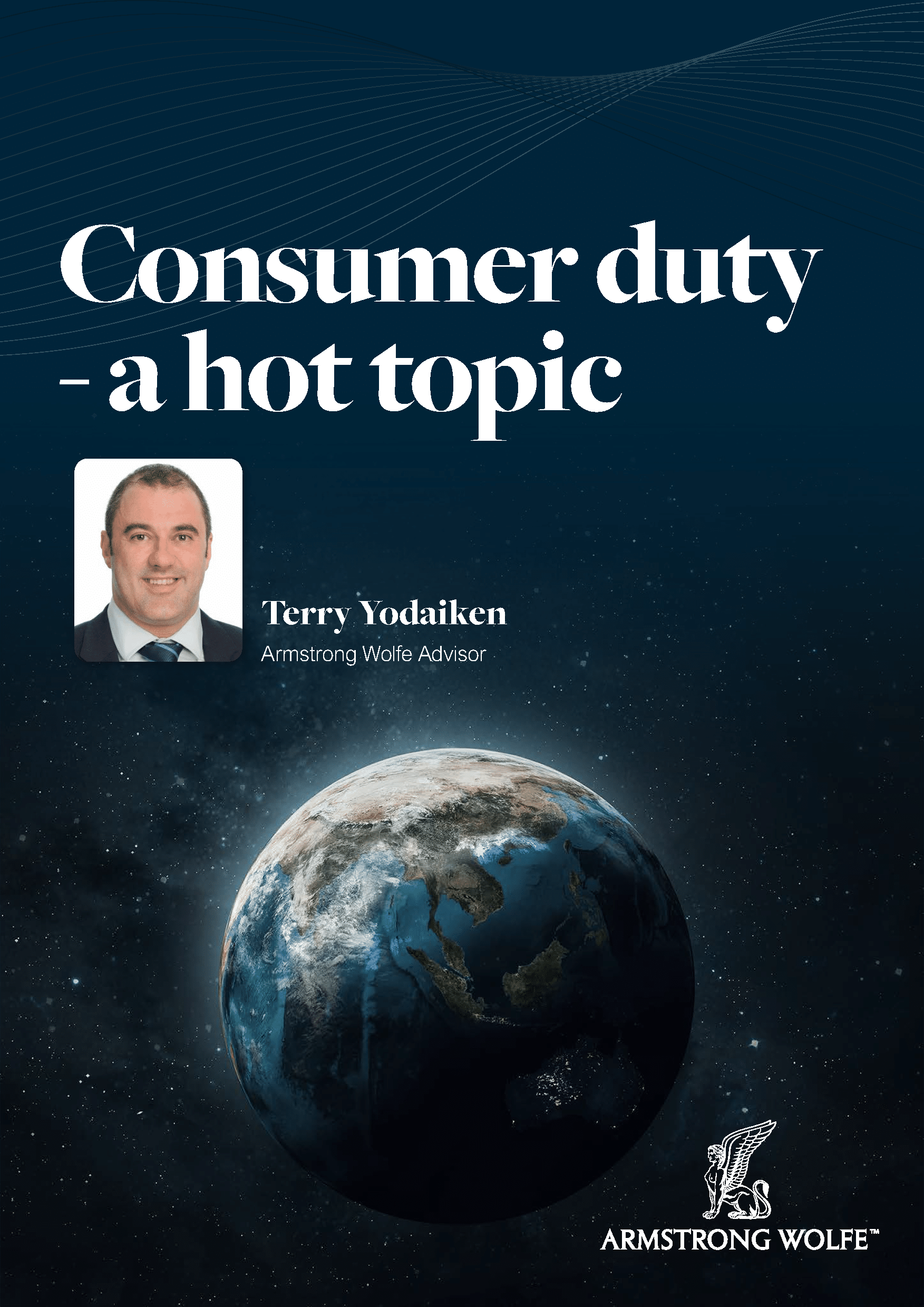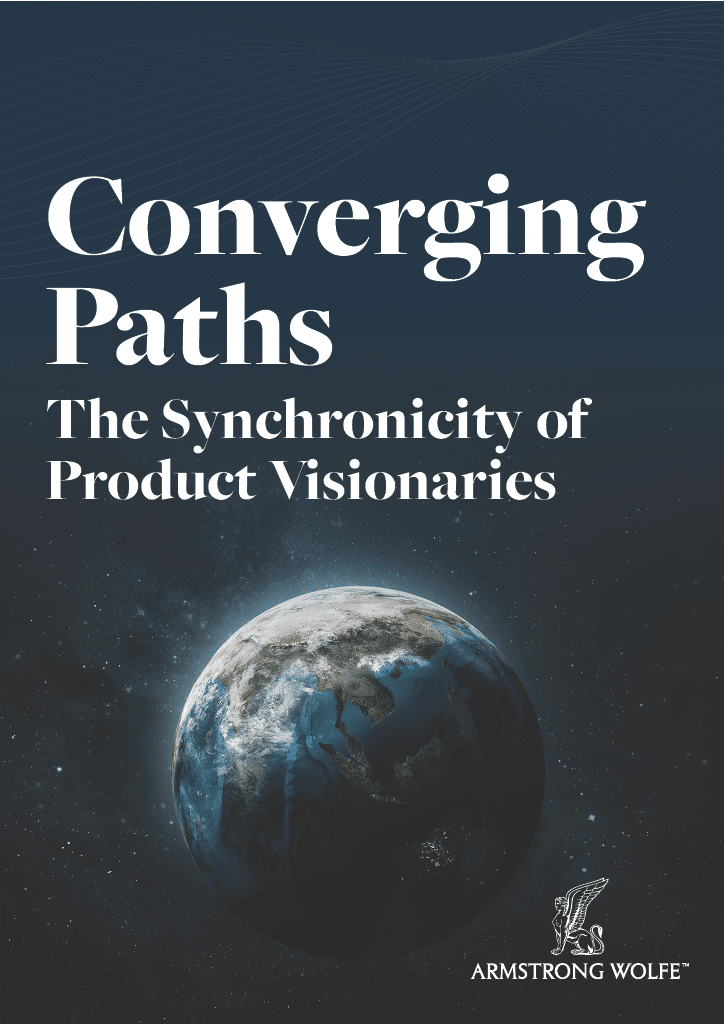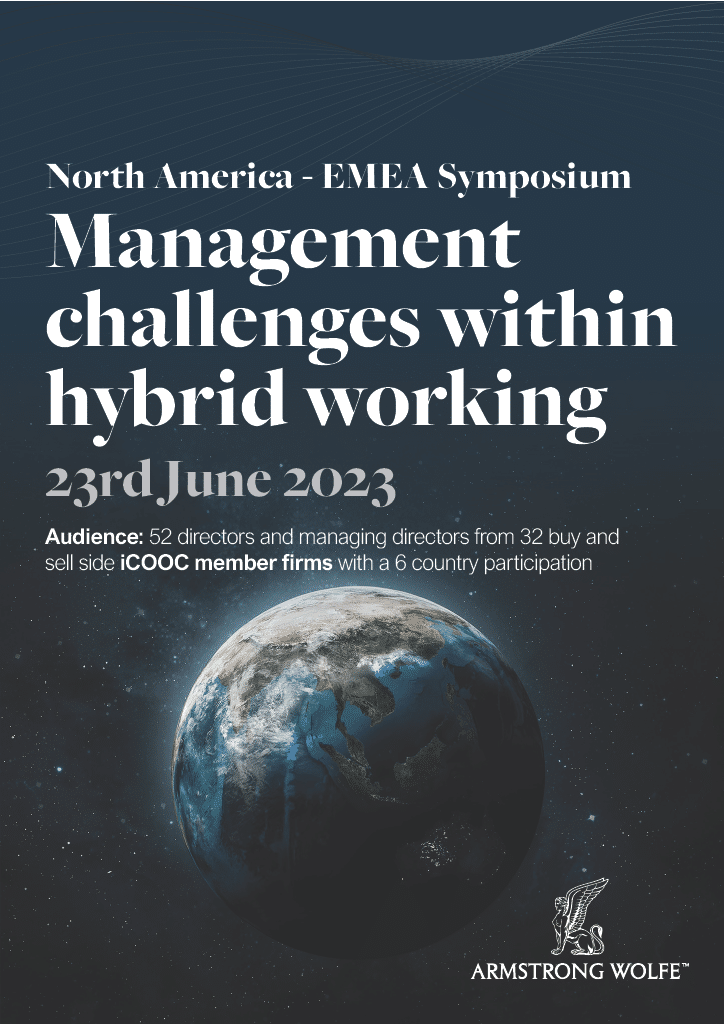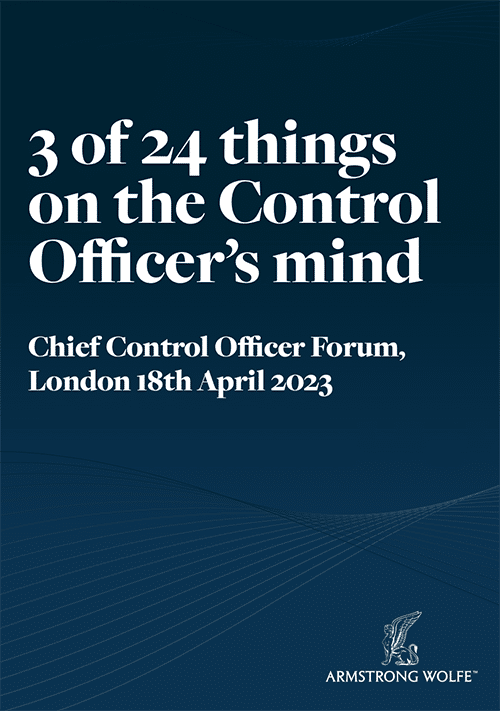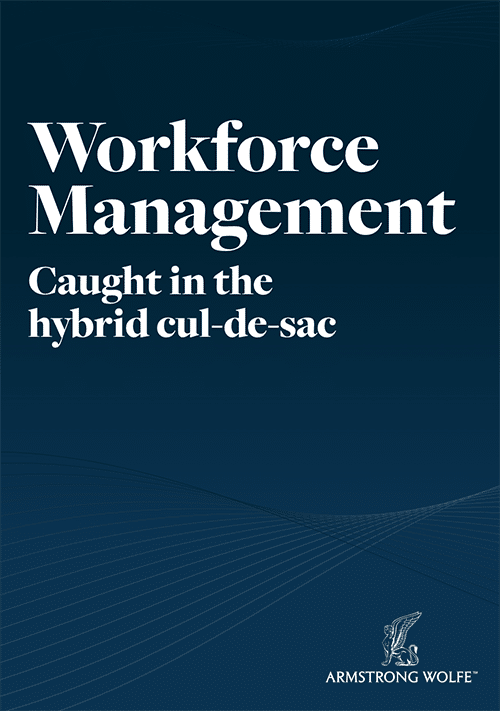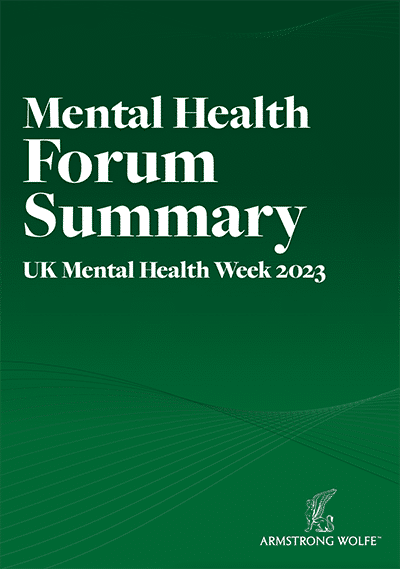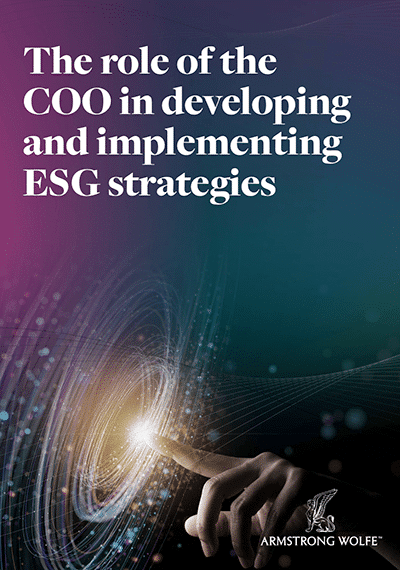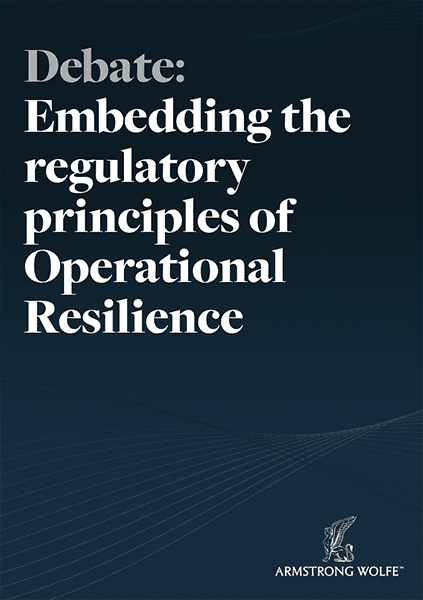“I Need A Change Agent”
“I need a change agent” was one of the first comments Bill Winters (CEO, Standard Chartered Bank) noted to David Whiteing, then at Commonwealth Bank of Australia. This statement and not ‘I need a COO’ were key in shaping David’s thoughts as to the potential opportunity, alongside the vital nature and interaction of the relationship he would have with Bill as his manager.
David would consider himself principally as a product owner, many would say a world class one. His career and pedigree have been based upon embracing technologies and technological innovation, where understanding the art of the possible is a fundamental attribute, he believes, in being able to work within and drive transformation.
At his previous employer, he was the Group CIO, responsible for all the technology and operations teams of the Group and for delivering the Group’s strategic pillar of ‘world leading application of operations and technology.’
He has a wealth of executive experience and, prior to joining Standard Chartered Bank, a track record of delivering cultural transformation and changing mindsets to meet future challenges. Prior to joining the CBA Group in 2013, David was Vice President of Enterprise Systems at BP in the UK and is a former Accenture technology and operations partner. Technology and transformation are intertwined as the DNA of his career. It is this, aligned to his passion for driving cultural change through leadership to establish a platform for structural change, that the Group COO position offered the right mandate to take advantage of his experience and offer him the right and next challenge in his career.
Since joining Standard Chartered Bank as its Group Chief Operating Officer, David summarises his and Bill’s journey as being one of discovery. The CEO had joined in June 2015 and had steered the bank through some challenging times and taken it into calmer waters. It was now an opportunity to turn attention to the future and to take the bank forward, but this would need transformation in its purest form to enable the bank to pivot its attention and energies forward.
David is indifferent to the title he carries, focused solely on the mandate and the empowerment he is awarded to make good on this mandate. His role on joining the Bank was new, an integration of the former COO organisation with operations and since his arrival, this mandate has been extended. “The fact the mandate was new made things easier” David noted, as he was able to shape the role, its axis, and priorities that he felt best fitted the objectives set.
“What shapes your thoughts when you are entering a process of organisational change and the need to design the operating model that will deliver and take the business forward?” I asked.
“It is very important to not get tied down in the corporate title of the role but focus on your interest in it and apply the right attitude in bringing the mandate to life” he responded. “More so, it is a mindset. A mindset focused on customer outcomes, where I continually ask myself ‘what can I do for the business?’ It is clear this same questioning is expected as the norm by his team, which in turn shapes a culture to one focused on transformation and value creation.”
The role of the COO has increasingly become aligned to being a central one in shaping and delivering organisational culture. Culture has found a platform for its voice to be heard louder in recent times, where its sibling purpose is finding expression in the corridors of the regulators. More recently the pandemic has enhanced the challenge related to maintaining cultural cohesion with a dislocated workforce. This runs parallel to a challenge to the norm, where culture had historically been seen to be set by the tone from the top, but now is a responsibility equally carried by all.
“It is very important to not get tied down in the corporate title of the role but focus on your interest in it and apply the right attitude in bringing the mandate to life” mindset.
“I see the building blocks of culture to be context and design”
David says, this point one that is clearly close to his heart. “Leaders set the context and they must empower their managers to execute on the design”, leading to a mindset and a culture based upon empowerment with a transformative spirit. Cognitively this makes sense, where design divorced from the context in which a product is to be used is of little value. Conversely you could say from a leadership perspective, that context becomes the purpose of any transformative effort. How this relates to leadership is a moot point and David may argue against it but it is clear in his own thoughts that context and design are the cornerstones of success. This stems from his leadership beliefs and proven track record of delivering transformation.
From his leadership position his view on conduct is important. David’s cross industry experiences at Accenture, perspectives shaped when working at BP amidst its own crisis and then his Banking exposure have given an enriched perspective of what defines good conduct and behaviour. Perhaps more interesting, is how values and beliefs were mentioned on several occasions throughout the discussion but never spoken about directly. The question you must ask yourself David noted, ‘is how can I make an impact, how can I add value, how can I help the business?’, but what is unspoken is not just what you do but how you do it and this is where your personal values influence the manner in which you perform.
David talks with a passion about diversity in his team. He seeks out those that are different to him, will bring fresh perspectives and challenge his own. He strongly believes that any organisation benefits from a diversity of thinking and is an avid reader of those authors who challenge the status quo and support the belief that leaders must continually learn and grow to stay relevant. To this end the relaxed Pacific Island shirt that welcomed me on Zoom when I met David, an insight to the man before me, was a counter balance to the clear-cut and thoughtful dialogue to unfold.
To be effective any CEO and COO must be complementary in skillsets, in experiences, in strengths and weaknesses, and must have common ground on vision, commercial imperatives, the use of technology and in purpose and values. These are the building blocks of the CEO-COO relationship, which then must be balanced with trust, respect, and an acknowledgement that both can learn from each other to the benefit of those they lead.
There is obviously a strong working relationship between David and Bill, where complementary skillsets and characters are producing results and taking the bank forward.
From a values perspective, Standard Chartered Bank plays a leading role, more so important and challenging allowing for its geographical footprint and the multi-jurisdictional and cultural challenges it faces. David’s values, his principles on diversity and inclusion are aligned to the bank and very closely to its CEO Bill Winters. Bill signed a statement of support for the United Nations Women’s Empowerment Principles, in April 2018: seven principles underpinning the work the bank is committed to which supports women in the workplace, and said of gender diversity:
“We’re in a war for customers, a war for service, a war for talent all the time. How could we possibly win if we’re limiting our pool of talent to half the population?”
This year the bank has taken a leading role within sustainability, with its CEO being appointed the chairman of the newly created Taskforce on Scailing Voluntary Carbon Markets, created under the initiative of Mark Carney, the UN Special Envoy for Climate Action and Finance. Bill further called for a market solution to climate change through a larger and more active carbon credit market. To fulfil its role in this market evolution the bank will need to innovate, to transform and embrace evolving technologies but equally in all it does to achieve this objective, do so in a manner committed to good conduct and to a positive customer and client outcome. To this end, this responsibility falls on David to execute.
At Sibos 2019 Bill was further interviewed in Views from the Top with Bill Winters. He noted in 2015, his first year as CEO, the bank spend USD$650 million on technology, by 2019 this had risen to USD$1.6 billion, much into strategic technological investment. A third was committed to innovation and a third to innovation within what the bank was already using, improving what the bank had. The CEO’s message was clear that its success was reliant on an increasing investment in technology and in partnering the technology sector, large and small players. Its success was equally and perhaps more so reliant on the CEO having a leadership team that embraced technology and had transformative capabilities. This was the context that led to the need to appoint a Group COO that could execute on this vision. In this context alone, David was the perfect fit.
“What would you like your legacy to be?” I asked at close
